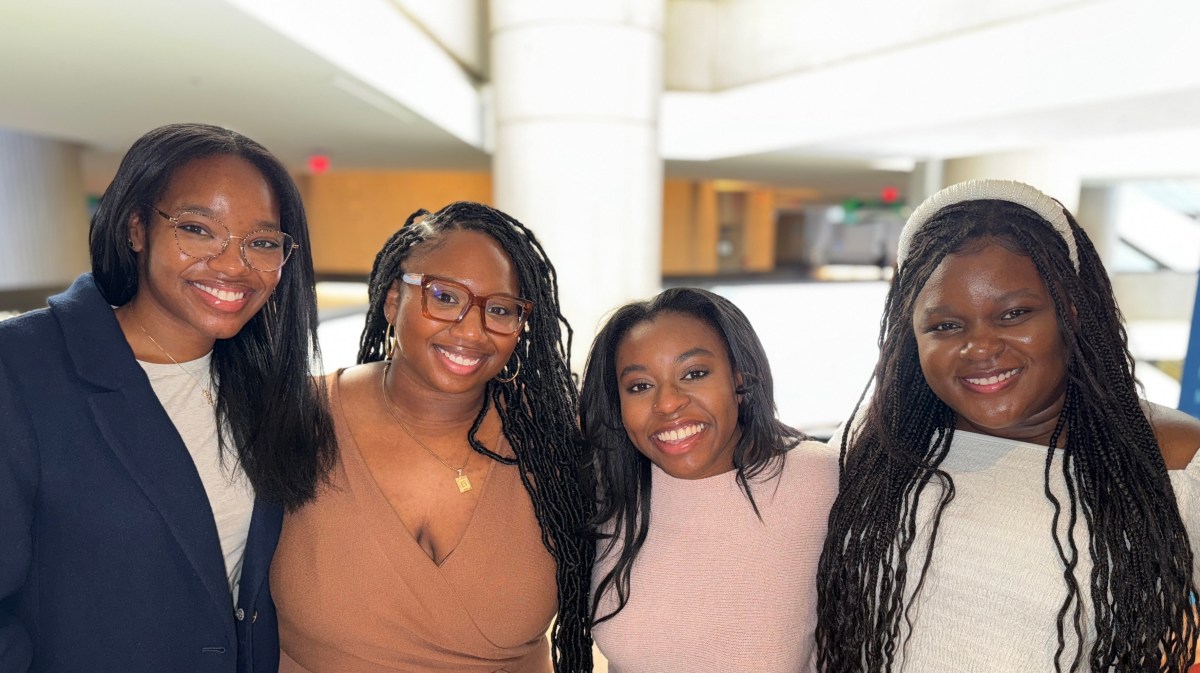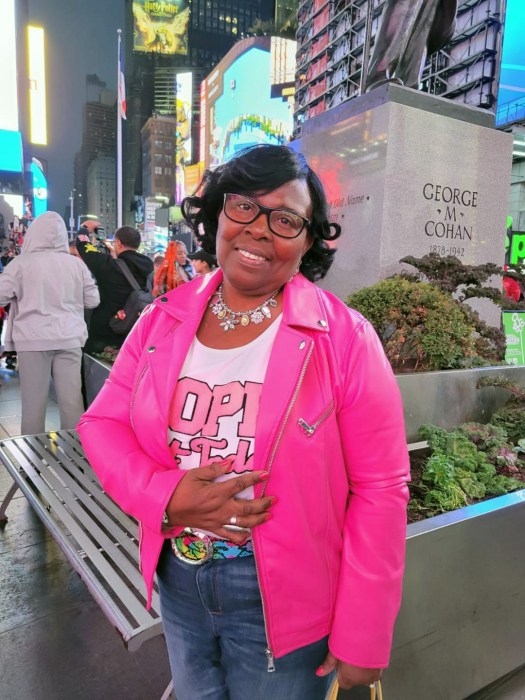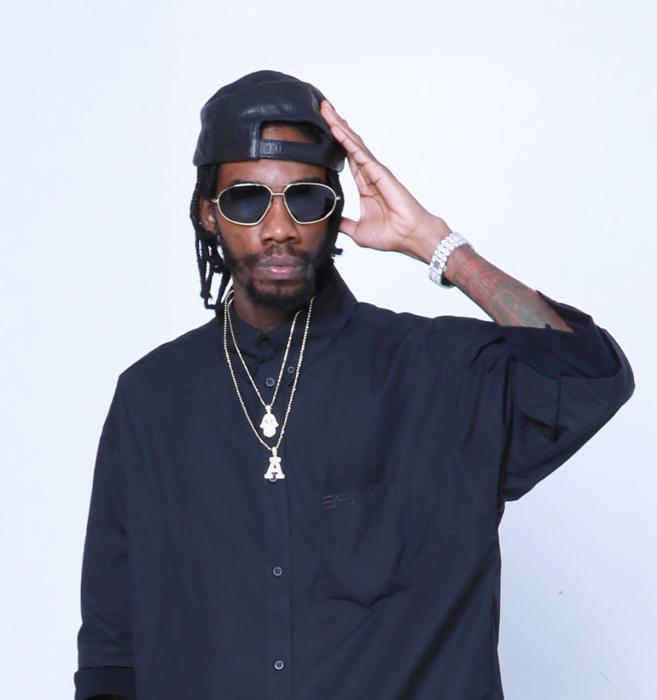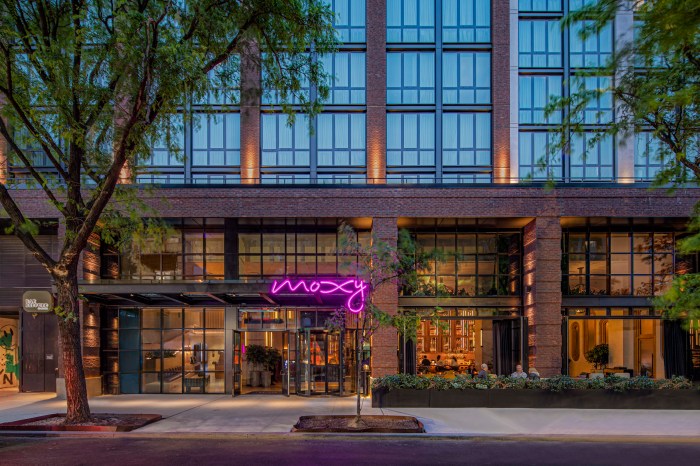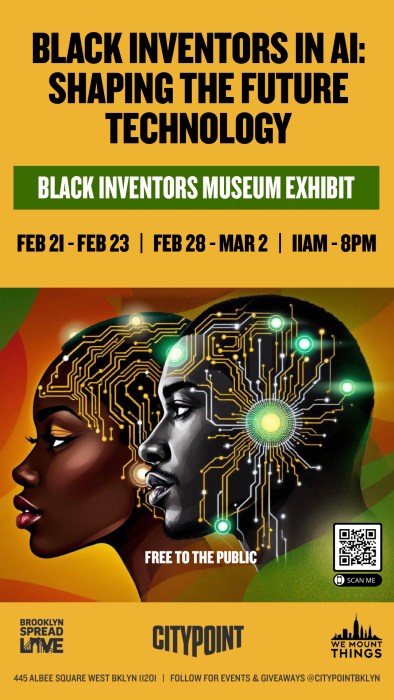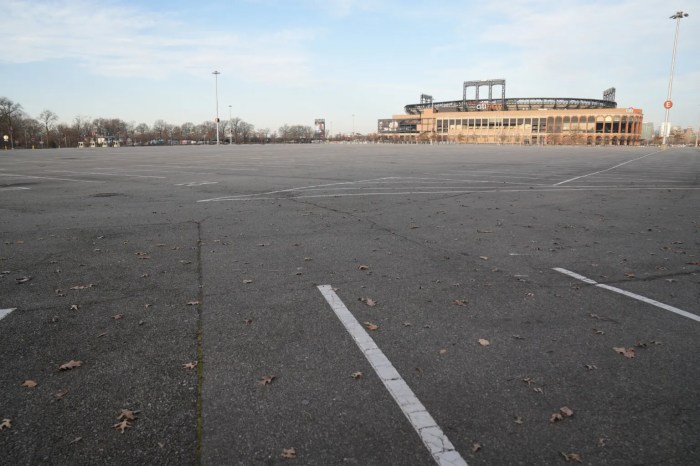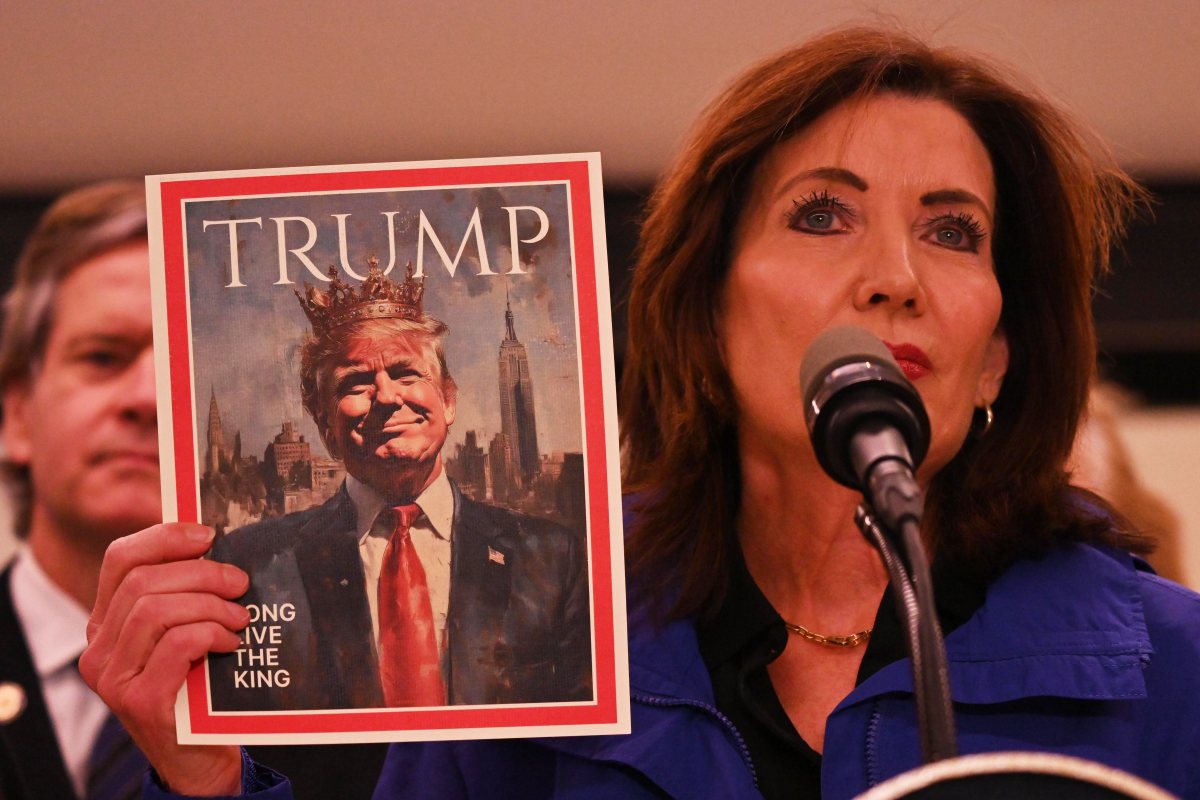Brittney Burgess was born and raised in the NYC borough of Queens in a Jamaican household focused on providing all possible opportunities. Growing up, life was always active and busy, as she was deeply involved in sports and the arts.
“I had incredible opportunities, especially in music, including being part of the music program at Forest Hills High School and singing with the All-City High School Choir every Saturday at Frank Sinatra School. I also danced with the United African Dance Troupe, took voice lessons at Lynbrook Music School with Charlene Berry, and spent my summers at the New York State Summer School of the Arts – School of Choral Studies,” she said.
Burgess sees her mom as the most significant influence on her becoming a musician. “My parents would tell you that their earliest memory of me singing was when I was 4 years old, standing on the bathroom counter with my toothbrush singing Shania Twain’s ‘I Feel Like a Woman,'” she added.
She said her parents have always encouraged her to follow her dreams, and with their support, she has been able to do just that.
In 2021, while completing her Master of Music degree at the Eastman School of Music and being involved in the Black Students Union (BSU), Burgess met Alexis V. Prescott (who earned her Bachelor of Arts degree at Spelman College) and Brianna Garcon. They supported the establishment of Eastman’s first DEI office, now the George Walker Center for Equity and Inclusion. They later met Kayla Sconiers.
“Our passion for supporting Black musicians led us to volunteer at the Gateways Music Festival during its 2022 performance at Carnegie Hall—the first all-Black orchestra to perform at the venue,“ Burgess stated.
The girls’ conversations with Lee Koonce, former President & Artistic Director of Gateways, along with the powerful performances and experiences they shared with the orchestra, sparked an idea: a network that would bring together Black music students nationwide. Driven by this vision, they spent two years developing the concept, interviewing students nationwide.
“This work culminated in Fall 2024 with the launch of Black Collegiate Musicians (BCM), an organization dedicated to connecting and uplifting Black music students nationwide. Black Collegiate Musicians is a testament to our journeys and the powerful communities we built that continue to inspire us,“ Burgess continued.
BCM helps provide Black music students access to financial, professional, and mental health resources while uplifting them through a supportive community as they navigate higher education.
In addition, Burgess believes that without the BSU at Eastman, the girls might not have graduated due to personal challenges, as well as managing COVID and the murder of George Floyd, emphasizing how important it was that they relied on one another as student group during these times.
As the BSU grew, the girls knew they wanted to connect with other Black Student Unions but realized that not all were as visible as theirs.
“Black Collegiate Musicians became our way of creating that visibility. Beyond providing access to resources, we want to build a pipeline for students to connect—especially among historically Black colleges and universities, conservatories, and public and private universities,“ Burgess explained.
Burgess shared that the experience of doing this work together with her fellow Eastman alums has been eye-opening.
“The biggest takeaway we’ve had is that students often don’t know what resources are available. Our job at BCM is to find the tools that will help students succeed and not feel overwhelmed by the cost of this very expensive degree and field. We find the resources, and then it’s up to the students to utilize them,“ she stated.
For example, one of Burgess’ biggest life hacks for students is using Interlibrary Loan, which is a service that allows libraries to borrow books, articles, and other resources from other libraries when they don’t have them in their own collection.
Prescott shared how it’s gratifying to see how BCM is making a real difference in the students’ lives the organization serves.
“One of the most fulfilling things has been watching students gain a sense of belonging and community, especially when they may feel isolated in their institutions. Through BCM, we’ve been able to create a network where students can share their experiences, ask for advice, and, perhaps most importantly, support each other in ways that feel both empowering and practical,“ Prescott said.
According to Prescott, they’ve received overwhelmingly positive feedback from students, with many sharing that BCM has helped them feel seen and valued, not just as musicians, but as individuals navigating the complexities of being a Black artist in a predominantly white field.
In terms of career advancement, the girls have seen their students land scholarships, attend conferences like the annual Sphinx Convening, and even form collaborations they may not have otherwise had access to.
“The network we’ve built has opened doors in ways that many of them didn’t think were possible before. It’s also given students the chance to gain mentorship from professionals who understand their unique challenges and can offer guidance on everything from auditioning to building a sustainable career,“ Prescott added.
She added that seeing students move forward, not just in their music studies but in their professional journeys, has been incredibly fulfilling because “It reminds us that what we’re doing isn’t only about providing resources — it’s about creating a lasting impact that helps shape the future of Black musicians in a way that truly uplifts and empowers them.“
Burgess says her most memorable experience was at our recent SphinxConnect session, Soulful Strategies: A Survival Guide for Black Collegiate Musicians, a group speed networking session for current students and recent graduates (1 to 2 years post-graduation). This session was inspired by the show Ned’s Declassified School Survival Guide since both she and Prescott studied Music Education, and they’ve always been taught to create a toolkit for our students to succeed.
“Our mentors were an eclectic and impressive group — from Jazz at Lincoln Center, the Louisiana Symphony Orchestra, professors, my Juilliard colleagues, marketing gurus who work with artists like Coco Jones, physician assistants, and more! At the end of the session, we learned that it was not only inspiring for the students but also extremely impactful for the mentors,“ she continued.
As a local creative, Burgess also discussed what it means for her to have such an impact on the students she works with at BCM.
“I feel so proud to be in their presence. It’s like being a proud aunty, rooting for everyone! I wish I had these resources when I was in college. My friends will tell you that I work extremely hard, but this doesn’t feel hard—it feels like my purpose. I’ve never been stuck on one career path; instead, I always say, “God put me on this earth to serve a purpose that is higher than myself.”
Discussing the impact she wants BCM to have on the Black community, Prescott said, “I want Black students to have the resources they need not only to get into collegiate musical participation but to foster a lifelong connection to music that feels supportive. I want to see more Black students not only break through barriers to participate in collegiate music programs but also feel empowered to build lifelong connections with music that are supportive and affirming of their identity.“
She also wants the girls’ work together at BCM to be a space where Black students thrive academically and creatively and where they can continue to grow as artists, educators, and leaders in the music community. Ultimately, she hopes their work “helps to foster a sense of belonging, encourages collaboration, and opens doors for future generations of Black musicians.“
Furthermore, Burgess wants young people who wish to pursue music as a career to know that: “This city is filled with possibilities, and there’s something out there for you! Try something new, visit new places, and step out of your comfort zone.“ Prescott hopes the girls’ work at BCM inspires younger generations to “believe that their dreams are not only possible but worth pursuing.“
Burgess wants her legacy to be one where people acknowledge that she cared for people and truly wanted everyone to win. “Most importantly, living in this incredibly diverse city has reminded me that we all must come together and help one another,“ she said.
Prescott hopes her legacy will pave the way for Black students to be uninhibited by the structural barriers that have historically kept students of color from realizing their fullest potential. “I want to contribute to creating pathways where these students can pursue their wildest dreams without limitation,“ she stated.
Those interested in supporting the future work of BCM can donate here: https://www.every.org/black-collegiate-musician/f/help-us-shape-the-future.


